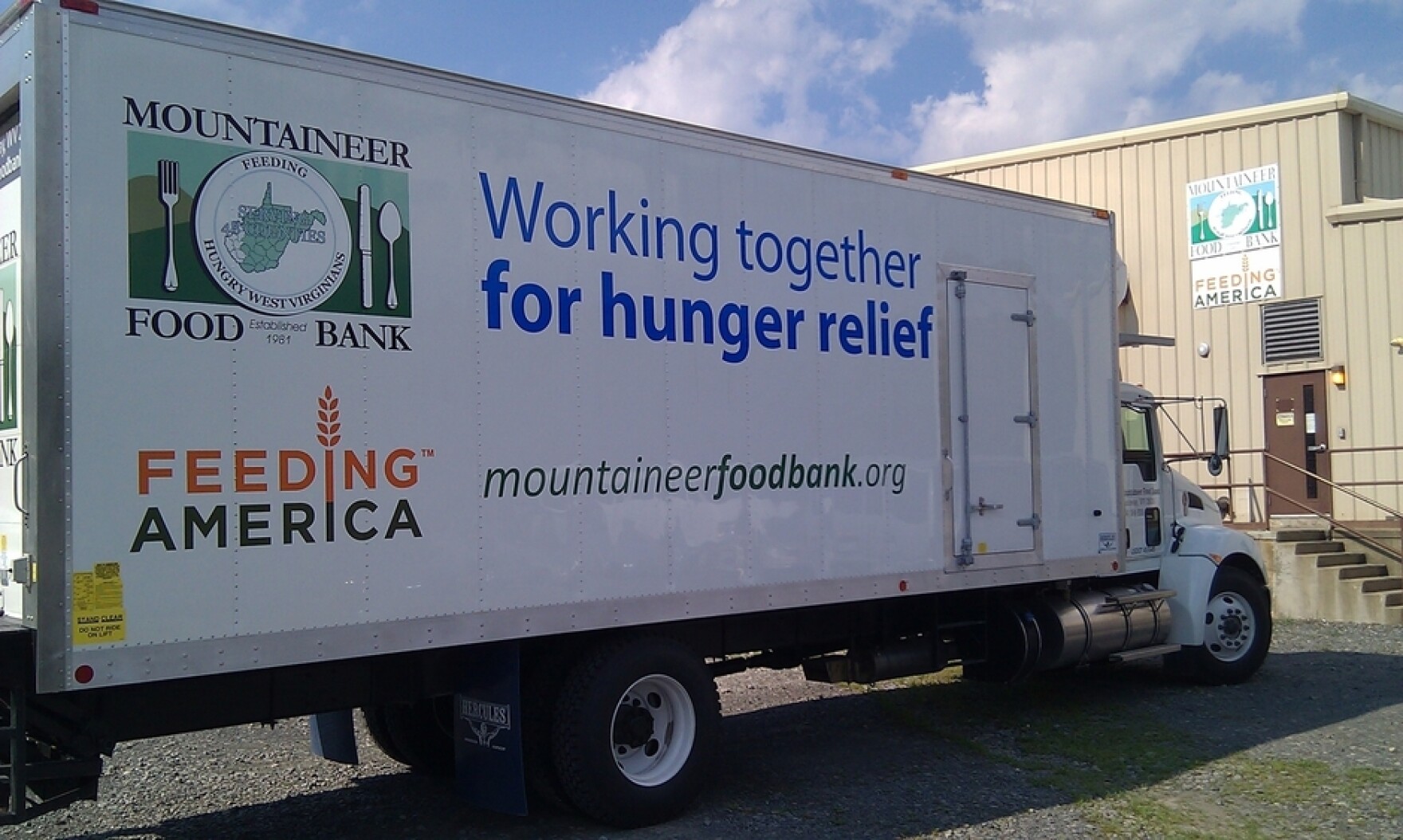Both of West Virginia’s major food banks purchase fresh produce from West Virginia farmers. But a farmer-food bank flap had some social media pages heated up recently, and demonstrated the value of a written contract.
Monroe County’s Sunset Berry Farm is a family-run operation that, until this year, had not made any large volume sales. Farm Manager Jennifer Gilkerson said they are working to expand their produce products.
“We specialize in strawberries,” Gilkerson said. “But we can grow other vegetables. We sort of switch up what we grow each year. We have 95 peach trees, so we’re trying to develop a nice peach program at our farm.”
Gilkerson said earlier this year she got a call from a case manager at the Mountaineer Food Bank (MFB), a regional food distributor with headquarters in Gassaway. Gilkerson said the case manager asked if Sunset Berry Farm could supply food to be purchased with a federal grant coming in.
“She said that if they got the grant, they would be buying as much as we could possibly grow,” Gilkeson said. “And then she bought strawberries from us for the entire strawberry season, which is about six weeks.”
However, Gilkerson said in transitioning from strawberry to vegetable season, Mountaineer Food Bank’s “buy all you can grow” statement turned into “no more buying from you.”
“They expelled us from the program,” Gilkerson said. “Didn’t tell us why, did not give us a chance to problem solve and didn’t tell us what the problems were and didn’t let us fix any problems. Just, you’re done. We had $14,000 worth of vegetables in our cooler that were supposed to be delivered the next day.”
Gilkerson said the farm made a healthy investment in equipment and workers, anticipating the food bank’s continued produce purchases. But there was one big thing the farm did not do. Gilkeson was frank about not having a contract with MFB.
“You know what? Because I’m stupid,” Gilkerson said. “Erica (the case manager), in an email, said no food would be turned away, that they had $3.3 million that they had to spend within three years and we trusted the Mountaineer Food Bank.”
Mountaineer Food Bank CEO Chad Morrison responded to WVPB’s questions on the issue with an emailed statement. Morrison said the food bank has not entered into written or verbal contracts with vendors to guarantee the purchase of produce, but has successfully collaborated with hundreds, if not thousands, of food suppliers, including many farmers. Morrison said in the email that MFB has complied with the applicable grant guidelines for all purchases. He did not address why the relationship with Sunset Berry Farm ended.
Across the state, Cindi Kirkhart, CEO of the Facing Hunger Food Bank out of Huntington, saw a Facebook post from Jennifer Gilkerson on the issue. Kirkhart said fresh berries and numerous other products are a challenge for food banks to buy at such volume. So, she contacted Sunset Berry farm.
“I did reach out and advise them that certainly we would be interested in purchasing the product,” Kirkhart said. “I think they have 50,000 strawberry plants and if each plant yields a pound, that’s 50,000 pounds of strawberries. In the southern coalfields where we are, we have not been able to provide that kind of volume.”
Kirkhart also said her food bank does not have formal contracts with the farmers they are purchasing from right now.
“But we do have specified inventory items that we lean on pretty heavily,” Kirkhart said. “I’m certainly glad to engage with folks so that they can do budget planning and those types of things.”
Facing Hunger Food Bank and Sunset Berry Farm plan to meet and see if they can work out a produce purchasing agreement with a contract – or maybe not.
